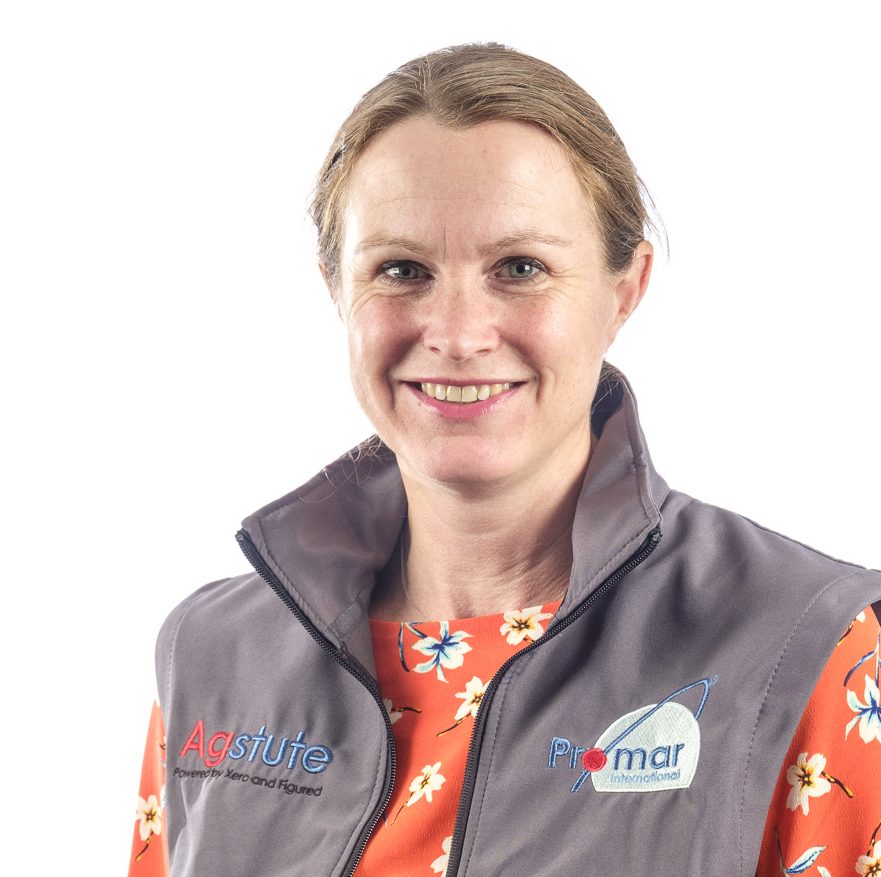A well-motivated, trained and effective team is the foundation of an efficient dairy farm. Promar Principal Consultant Caroline Groves explains now is a good time to reappraise how staff are managed on your farm.
“Dairy farms are becoming more specialist, requiring more highly trained staff better able to use data, technology and better able to manage other people to drive performance and efficiency, so staff management is becoming a more important skill in all dairy farm businesses,” Caroline says, “Increasingly we find that the more profitable farms have a better and more professionally managed workforce, be they workforces of just two family members or a larger team, the same principles apply.”

Effective people management is not just about achieving lower costs, although the top 25% of farms ranked by profit in our March 2019 FBA sample achieved wage costs 23% lower than average. Good staff management must also fully embrace training and development, delegation, motivation and communication with everyone in the team.
If it’s a good one, then keeping your current team together is becoming increasingly important, with predictions of an imminent shortage of farm labour. A recent RABDF survey reports an 11% increase in issues recruiting overseas staff with British workers not wanting to take up the strain. They say the likely outcome is more dairy farms short of labour, simultaneously hitting both cow and farmer welfare.

A shortage of potential applicants will make recruitment more difficult, leading to a longer interval before a vacancy is filled, with the associated costs, stress and inconvenience this can bring.
So ask yourself what strengths and opportunities can you build on to make you an employer of choice? Why would people want to work for you and stay working for you?

“In most circumstances it is not principally about money,” Caroline suggests. “Most employers in the industry already pay well and salaries are broadly comparable across the industry. It is as much about clear understanding of the role and responsibilities, involvement, personal development and training and increasingly, achieving a desired work life balance.
“The more staff are involved and feel they have specific responsibilities and can contribute to the success of the business the more they will bring to the business. And they need to be treated as a valuable resource, so look at hours of work and rotas.”
“The businessman Mark McCormack once said the key to a successful business is to recruit people cleverer than yourself, train them extensively and then delegate hard. With a well trained and motivated team you will also have more time to do the things you want to do, enjoy and are good at,” Caroline adds.

With current labour issues, being a good people manager could be the difference between having someone to milk your cows or not. Our case study considers how one business is looking to improve the farm team and our checklist poses some key questions you should consider…








